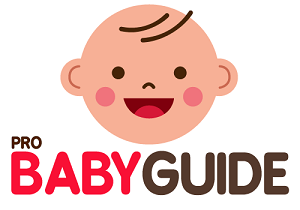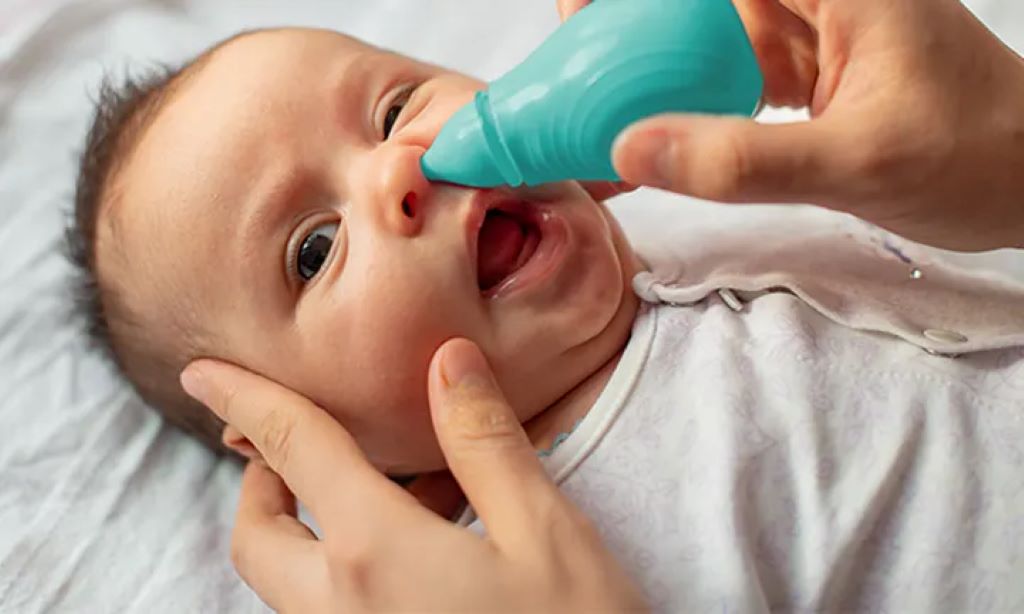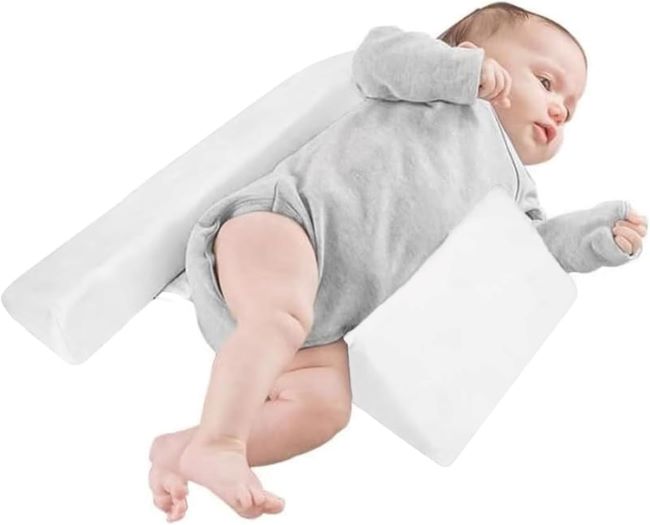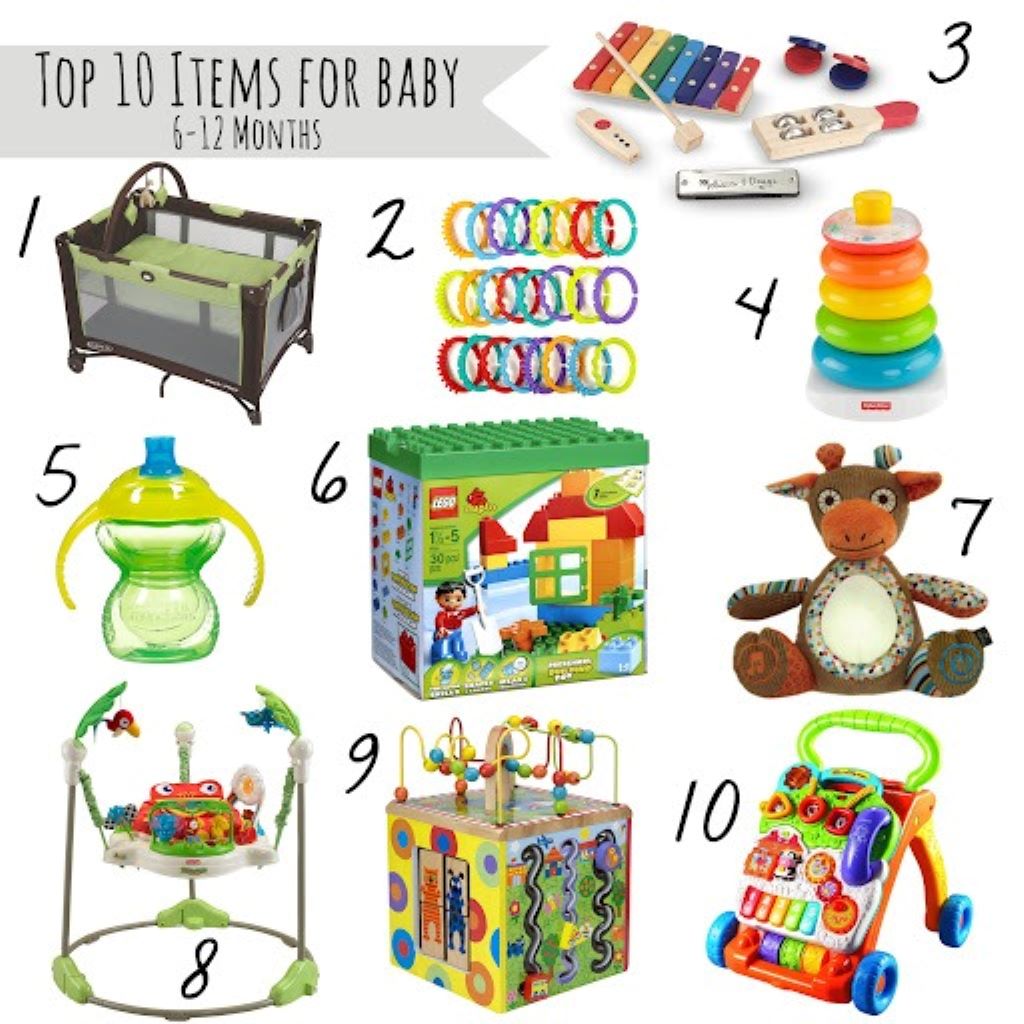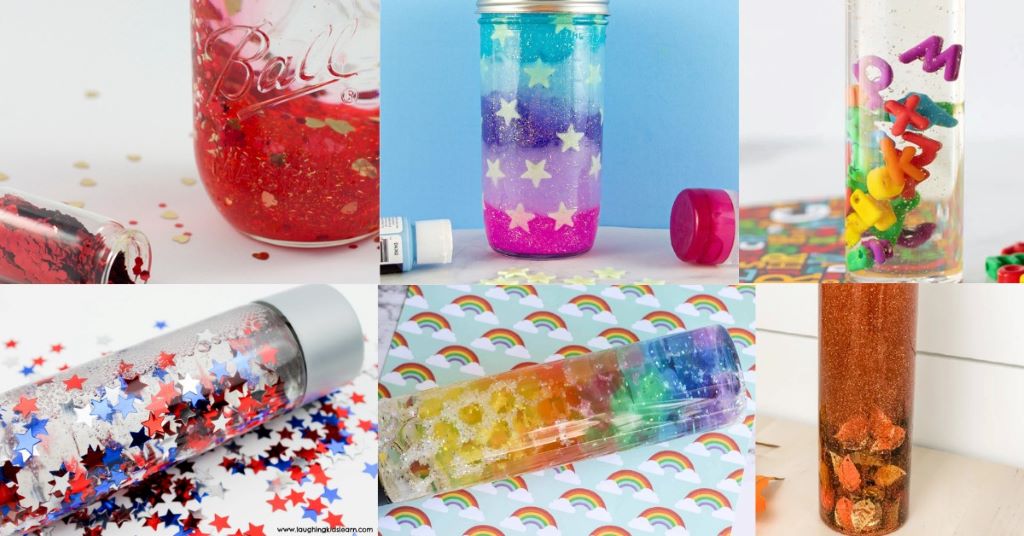Ugh, it’s the worst, right? You wake up in the morning and your little one is all stuffed up. Their nose is running, they’re coughing, and they just seem miserable. Baby’s Got the Sniffles rings true. As parents, we want to do everything we can to help our babies feel better. And while we can’t always prevent colds and congestion, there are some things we can do to boost those little immune systems and keep those nasty bugs at bay.
According to a study published in the journal Pediatrics, babies get an average of six to eight colds in their first year of life. That’s a lot of sniffles! But don’t worry, I’m here to help. I’ve got some tried and true tips that will help you keep your baby healthy and happy.
Wash, Wash, Wash Those Hands!
Okay, I know you’ve heard this a million times, but seriously, handwashing is the number one way to prevent the spread of germs. Think of it like this: your hands are like little taxis for germs. They pick them up everywhere – doorknobs, toys, even your phone! And then they deliver those germs right to your baby’s face when you touch them.
So, make sure you’re washing your hands thoroughly and often, especially:
- Before you touch your baby.
- After you change a diaper.
- After you use the bathroom.
- After you cough or sneeze.
- Before you prepare food.
And don’t forget to teach your little ones about handwashing too! It’s never too early to start those healthy habits.
What about hand sanitizer?
Hand sanitizer is a great option when you’re on the go and don’t have access to soap and water. Just make sure you’re using one that contains at least 60% alcohol.
Keep Those Tiny Hands Away!
Babies love to put their hands in their mouths. It’s how they explore the world! But it’s also a surefire way to introduce germs into their system. Try to keep those little hands clean and, if possible, away from their face.
You can try:
- Offering teethers or toys to keep their hands occupied.
- Gently redirecting their hands when they reach for their face.
- Keeping their nails trimmed short to reduce the amount of dirt and germs that can collect underneath.
Avoid Sick People Like the Plague (Literally!)
This one might seem obvious, but it’s worth repeating. Try to keep your baby away from people who are sick. That means avoiding crowded places, especially during cold and flu season.
And if someone in your household is sick, take extra precautions:
- Have the sick person wear a mask.
- Wash your hands frequently.
- Disinfect surfaces regularly.
- Try to keep the sick person isolated as much as possible.
I know it can be tough to avoid everyone who’s sick, but it’s really important for protecting your little one.
Breastfeeding is Best!
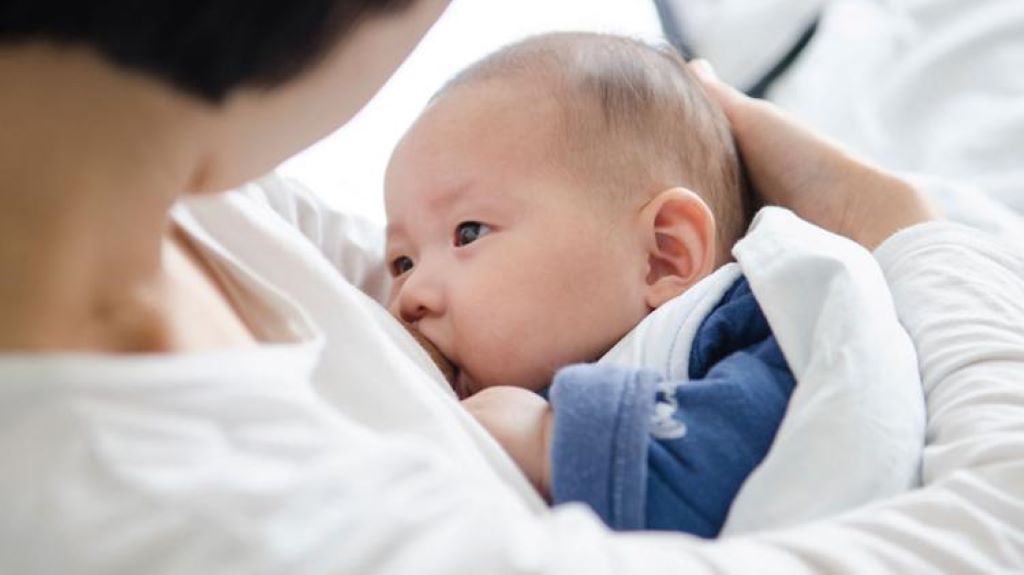
Breast milk is like liquid gold for babies. It’s packed with antibodies and other nutrients that help boost their immune system and protect them from illness. If you’re able to breastfeed, do it!
Studies have shown that breastfed babies have a lower risk of:
- Ear infections
- Respiratory infections
- Diarrhea
- Allergies
And even if you can only breastfeed for a short time, it will still benefit your baby.
Vaccinate, Vaccinate, Vaccinate!
Vaccines are one of the most important things you can do to protect your baby from serious illnesses. They work by introducing a weakened or inactive form of a virus or bacteria into the body, which helps the immune system learn how to fight it off.
Make sure your baby is up-to-date on all their vaccinations. Talk to your pediatrician if you have any questions or concerns.
Humidify the Air
Dry air can irritate your baby’s nasal passages and make congestion worse. Using a humidifier can help add moisture to the air and make it easier for your baby to breathe.
Just be sure to:
- Clean the humidifier regularly to prevent mold and bacteria from growing.
- Use distilled water to avoid mineral buildup.
- Don’t over-humidify the air, as this can also be harmful.
Saline Solution is Your Friend
Saline solution is a simple and effective way to help clear your baby’s nasal passages. You can buy it over the counter at any drugstore.
To use saline solution:
- Lay your baby on their back.
- Put a few drops of saline solution in each nostril.
- Use a bulb syringe to gently suction out the mucus.
Elevate Their Head
Elevating your baby’s head can help drain mucus and make it easier for them to breathe. You can do this by:
- Placing a rolled-up towel under the head of their mattress.
- Holding them upright during feedings.
- Using a baby carrier that keeps them in an upright position.
Offer Plenty of Fluids
Staying hydrated is important for everyone, but it’s especially crucial for babies when they’re sick. Offer your baby plenty of fluids, such as breast milk, formula, or water (if they’re old enough).
People Also Enjoyed: Bottle-Feeding Bliss: Finding the Perfect Position for You and Your Baby
When to See a Doctor
Most colds and congestion will clear up on their own within a week or two. But sometimes, it’s important to seek medical attention.
Call your doctor if your baby:
- Has a fever of 100.4°F (38°C) or higher.
- Is having trouble breathing.
- Is not eating or drinking.
- Has a cough that lasts longer than two weeks.
- Has thick, green mucus draining from their nose.
More to Explore: Does Humidifier Help with Dry Eyes- Read Before You Buy
A Little TLC Goes a Long Way
Remember, sometimes all your baby needs is a little extra love and attention when they’re not feeling well. Cuddle them, read to them, and sing to them. Your love and care will help them feel better faster.
In Conclusion
It’s heartbreaking to see our little ones feeling under the weather. While we can’t completely shield them from every cold and sniffle, we can take steps to minimize their discomfort and boost their natural defenses. Remember the basics: good hygiene, a healthy lifestyle, and lots of love. And when in doubt, always reach out to your pediatrician for guidance. You’ve got this!
